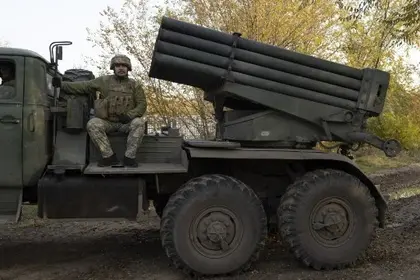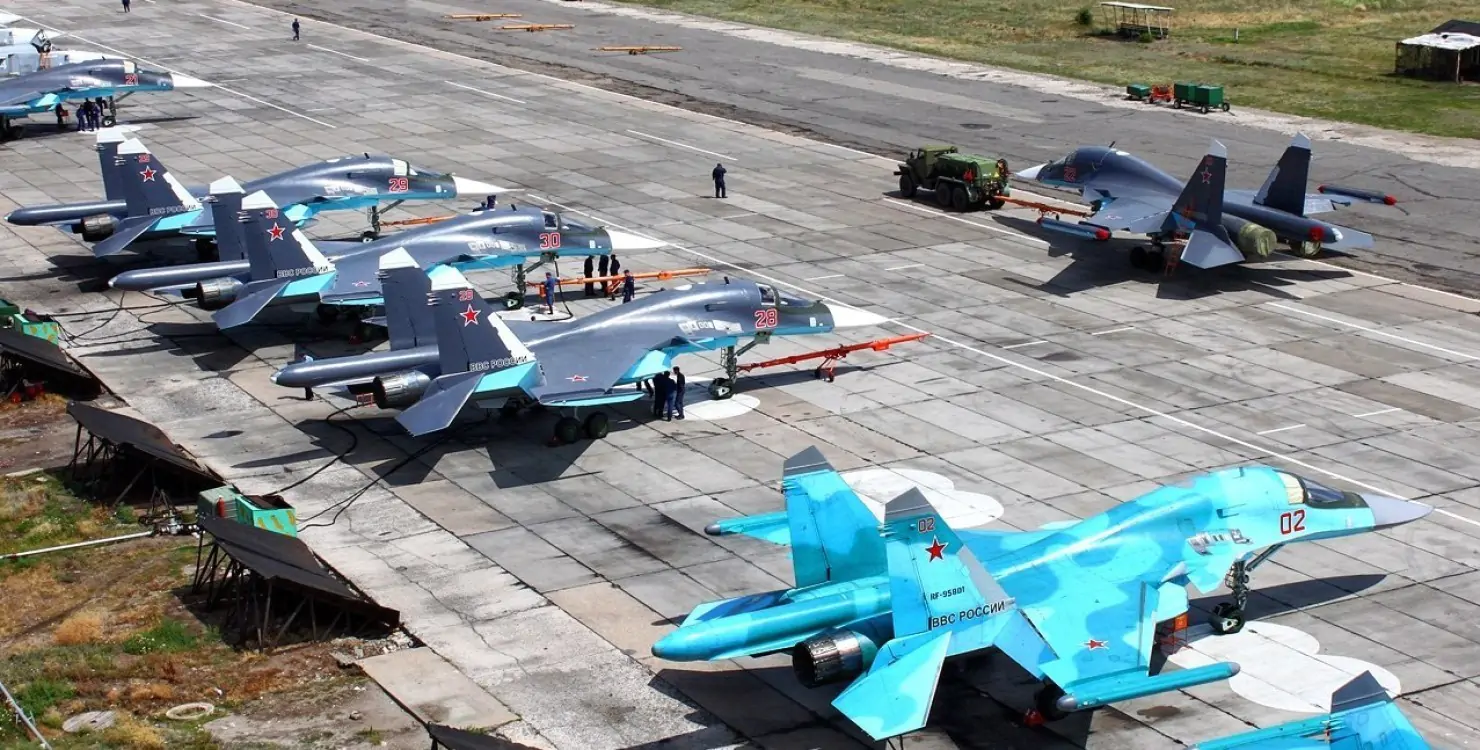The death of Taiwanese soldier Jonathan Tseng in action in Ukraine has exposed deep conflicts regarding Kyiv’s stance on China according to the news outlet Politico. Tseng is the first member of the armed forces from East Asia to be reported dead while defending this country from Russian occupiers.
The article reports that some Ukrainian officials have paid moving homage to the bravery of 25-year-old Tseng, who died last week fighting the Russians in the Luhansk region. In contrast, Kyiv is attempting to take a submissive stance toward Beijing in order to avoid provoking Xi Jinping into supporting Moscow more.
JOIN US ON TELEGRAM
Follow our coverage of the war on the @Kyivpost_official.
According to the news outlet, Tseng’s intentions will determine how delicate the ideological balance Ukraine must perform.
Numerous Taiwanese individuals, for example Tseng, have seen a universal aspect in the dispute and drawn comparisons between Ukraine’s introspective hardships against Russia and Taiwan’s resistance against China.
President Volodymyr Zelensky has reacted to all of this by adopting a cautiously thoughtful attitude toward China, a country that shares the authoritarian style of Russia.
The Politico article contends Zelensky is attempting to prevent Beijing from arming Russian President Vladimir Putin or supplying him with additional support even while fully aware that he cannot risk offending China.
Officials have also emphasized that China, with its vast infrastructure abilities, will almost certainly be called upon to help play a frontline role in the rehabilitation of Ukraine’s destroyed cities and towns.

Russia, Ukraine Exchange Over 300 POWs Ahead of New Year’s Eve
The article points out that Ukraine’s vote against a vital U.N. resolution last month regarding China’s mistreatment of the Muslim Uyghur minority was noteworthy.
According to Tseng’s friend Sammy Lin, worries for Taiwan’s future motivated Tseng to travel to Ukraine.
“He went to fight because he knew that, if he didn’t do it, the next battle could happen in his homeland,” Lin, who kept in touch with Tseng while he was in conflict zones, told Politico. “When he was in the battlefields … I cheered him up by telling him I understood his decision, by letting him know that many people in his home country, and all over the world, supported the mission.”
Tseng landed in Ukraine in June and entered the Carpathian Sich Battalion two months later after finishing a five-year training program in Taiwanese military skills, according to the article.
Ten fighters from the island are believed to have joined the conflict, according to Taiwanese media. Ultimately, Taiwan was taken aback by Tseng’s passing because Taiwanese participants in the Ukrainian International Legion and other forces have gone largely unnoticed.
The deputy chief of that battalion, Ruslan Andriyko, was quoted as calling Tseng’s passing “a heavy loss” and expressing “great respect to the family and Taiwan for such a son.”
“To leave a peaceful life, a home, a family to get into the hell of war, mud, rain, frost, a cold trench in which the hot hearts of brothers beat under constant shelling and weeks without sleep … Jonathan spent his last days in such conditions,” Andriyko posted on his personal Facebook account.
Despite the Chinese president’s refusal to even acknowledge Zelensky, Oleksandr Merezhko, head of the foreign policy committee in the Ukrainian parliament, told Politico he thinks that none of this will likely alter Ukraine’s cautious diplomatic efforts with Xi Jinping.
“Unfortunately I don’t think the case of Tseng, a hero who came to defend my country, can change the whole policy,” adding, “I think material interests play a crucial role — China is our biggest trading partner.”
You can also highlight the text and press Ctrl + Enter






